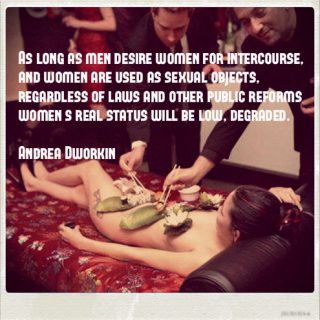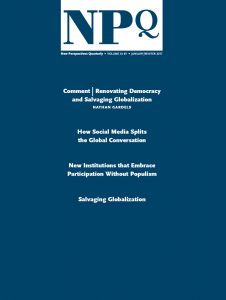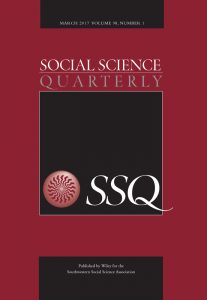What Comes After Woman?: gender identity and the women's movement
Last year, as I completed my fieldwork, I was unexpectedly reminded of the continuing contention around gender identity. Interviewing dozens of people involved in social movement actions around austerity and economic inequality, I anticipated that there would be some emotional responses, moments of hesitation, perhaps even discomfort around some of my inquiries. I did not expect to elicit these reactions during the demographics section of the interviews. Yet, about a third of the time, when I asked the respondent to...










